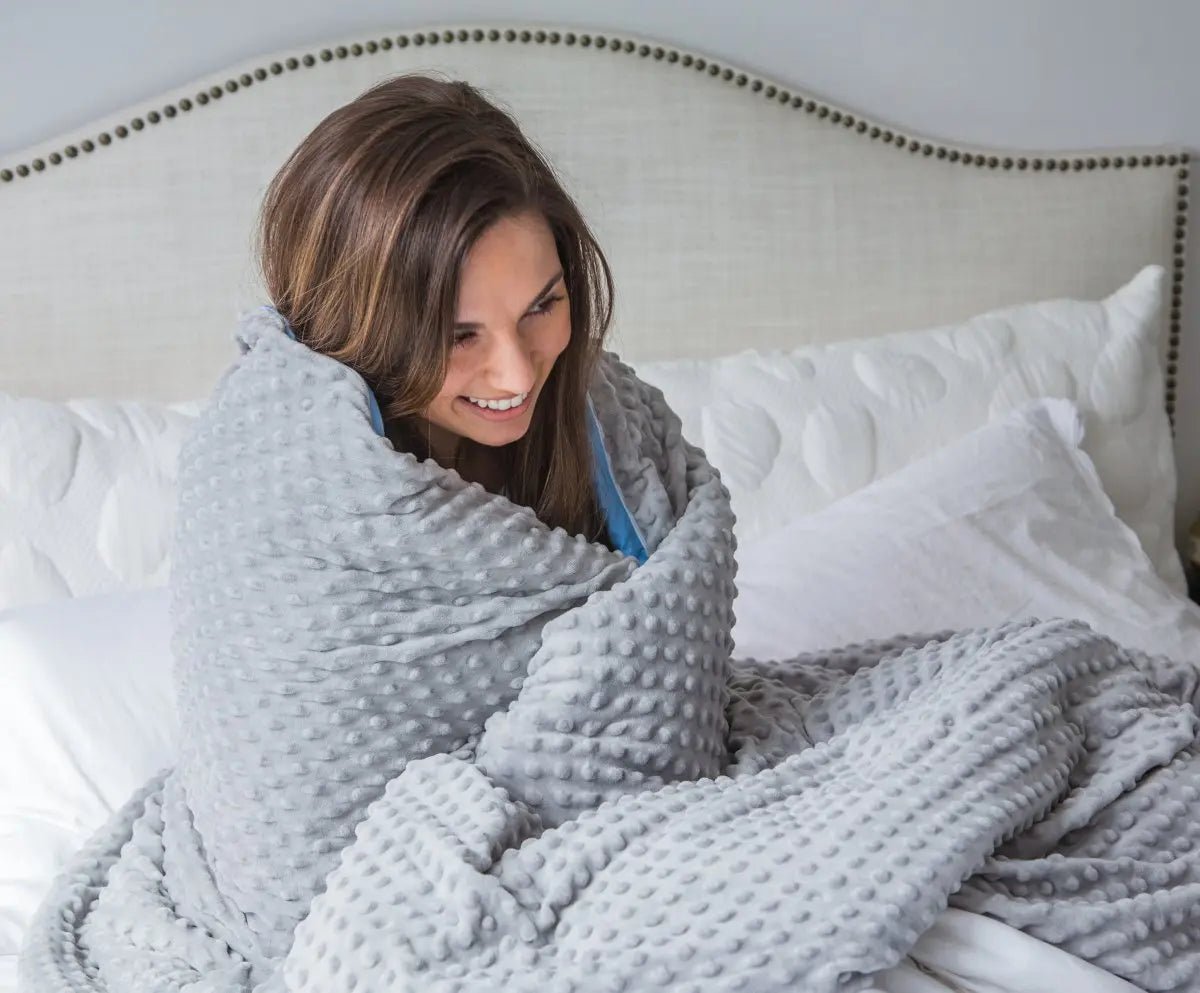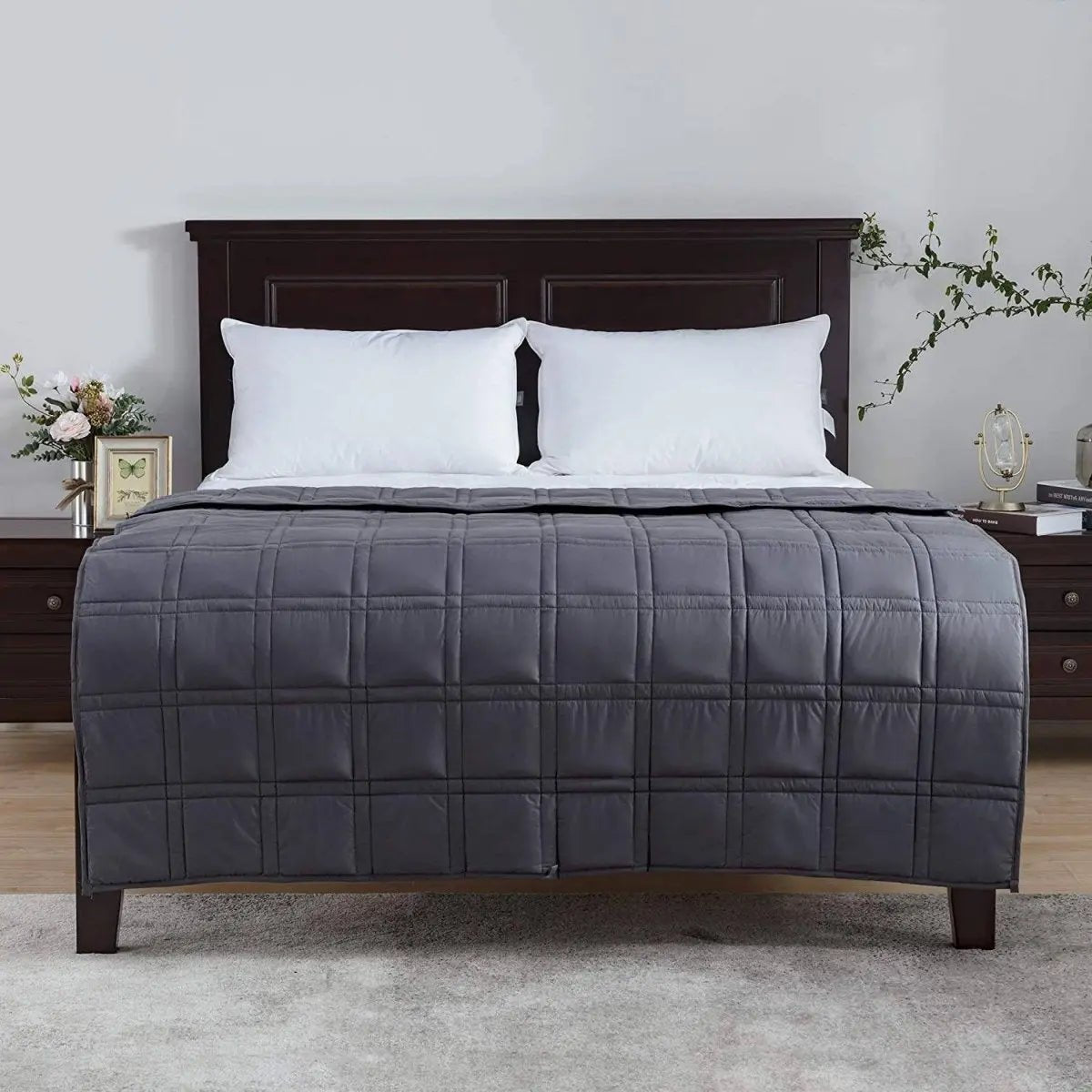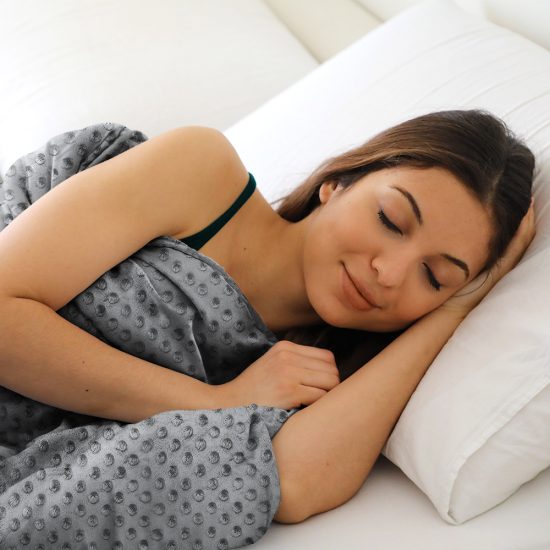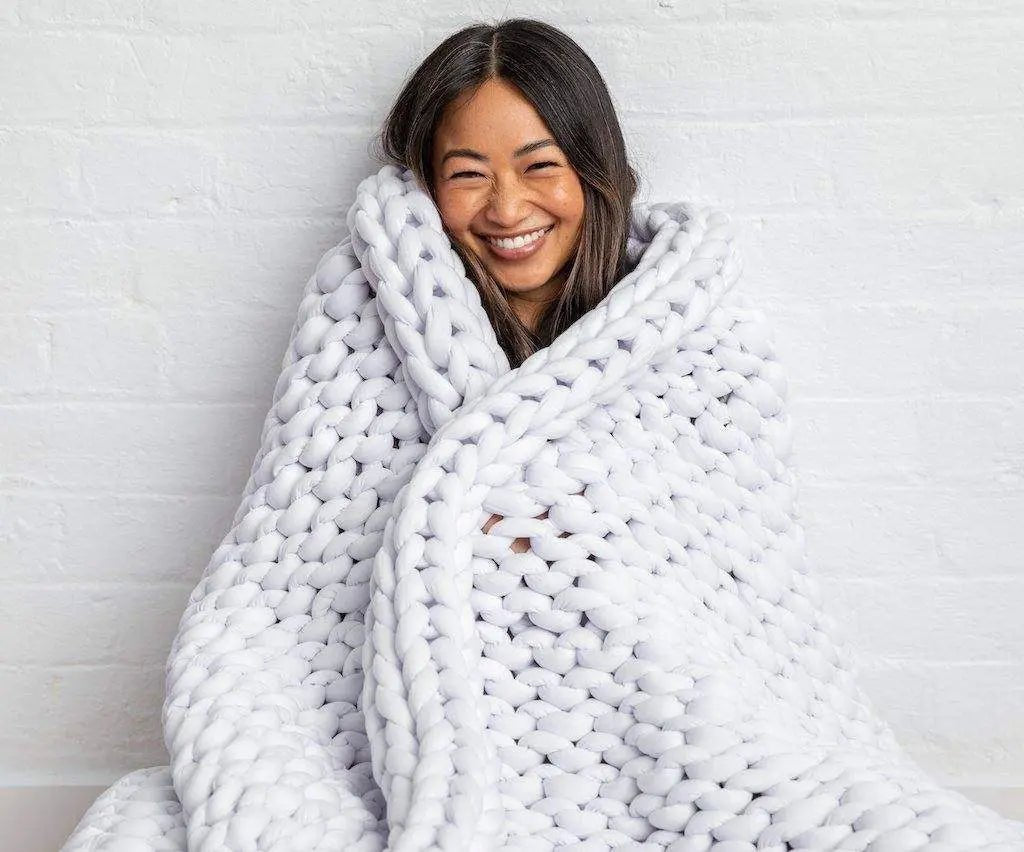The link between sleep and anxiety - Better Sleep
The Connection Between Sleep And Anxiety: Understanding The Link
Sleep and anxiety are two interconnected aspects of our well-being that significantly influence each other. While it is a natural response to feel anxious before important events or during stressful situations, chronic anxiety can disrupt our sleep patterns, leading to a vicious cycle of sleep deprivation and increased anxiety levels. Understanding the link between sleep and anxiety is crucial for effectively managing both conditions.
Research has shown that individuals with anxiety disorders often experience difficulties falling asleep or staying asleep throughout the night. This can be attributed to the hyperarousal state induced by anxiety, which makes it challenging for people to relax their minds and bodies enough for quality sleep. Consequently, insufficient sleep exacerbates anxiety symptoms, such as excessive worrying, irritability, and difficulty concentrating. On the other hand, inadequate or poor-quality sleep can also contribute to increased vulnerability to developing an anxiety disorder.
The brain's ability to regulate emotions becomes compromised when we don't get enough restorative sleep. This impairment affects the amygdala – a key region responsible for processing emotions – leading to an amplified response towards potential threats or stressors in our environment. Additionally, lack of sufficient sleep affects cognitive function, impairing our ability to rationalize and cope with anxious thoughts effectively.
Sleep deprivation weakens our emotional resilience and makes us more susceptible to experiencing overwhelming feelings of fear or distress. Understanding this reciprocal relationship between sleep and anxiety highlights the importance of addressing both issues simultaneously.
How Insomnia Fuels Anxiety: Unraveling The Relationship
Insomnia, the persistent difficulty in falling asleep or staying asleep, has long been associated with anxiety. The intricate relationship between these two conditions is complex and multifaceted, as each can exacerbate the other in a vicious cycle. Understanding how insomnia fuels anxiety is crucial in order to effectively address and manage both conditions. One of the key mechanisms by which insomnia fuels anxiety is through an imbalance in brain chemicals.
When we experience sleep deprivation, our brain's ability to regulate emotions becomes compromised. Research has shown that individuals with insomnia often have elevated levels of stress hormones such as cortisol, which can contribute to heightened anxiety levels. Additionally, insufficient sleep affects the production of neurotransmitters like serotonin and gamma-aminobutyric acid (GABA), both of which play crucial roles in regulating mood and anxiety.
Furthermore, insomnia can lead to cognitive distortions that perpetuate anxious thoughts and behaviors. Sleep deprivation impairs our cognitive functioning, making it harder to concentrate and think rationally. This can result in an overestimation of threats and a heightened sensitivity towards potential stressors, leading to increased worry and anxiety. Moreover, the physical symptoms associated with insomnia can also contribute to feelings of anxiety.
Sleeplessness often leads to fatigue, muscle tension, headaches, and irritability – all common symptoms experienced by individuals with anxiety disorders.
Anxiety-Induced Sleep Problems: Causes And Symptoms
Anxiety-induced sleep problems refer to the various difficulties individuals experience in falling asleep, staying asleep, or achieving restorative sleep as a result of anxiety. While occasional restless nights are common for many people, chronic sleep disturbances can significantly impact one's overall well-being and contribute to the development or exacerbation of anxiety disorders. Understanding the causes and symptoms of anxiety-induced sleep problems is crucial for identifying effective treatment strategies.
One primary cause of anxiety-induced sleep problems is the hyperarousal state that accompanies anxiety. Individuals with anxiety often experience a constant state of heightened alertness, making it challenging to relax and fall asleep. Racing thoughts, worry, and intrusive negative thoughts can further perpetuate this hyperarousal state, making it difficult to quiet the mind at night. Another contributing factor is physiological changes associated with anxiety.
When individuals feel anxious or stressed, their bodies release stress hormones like cortisol that can interfere with normal sleep patterns. This hormonal imbalance disrupts the natural circadian rhythm and leads to difficulties in both falling asleep and staying asleep throughout the night. The symptoms of anxiety-induced sleep problems are multifaceted and can vary from person to person. Insomnia is a common symptom characterized by difficulty falling asleep or staying asleep for an adequate duration.
Individuals may also experience frequent nighttime awakenings or early morning awakening without being able to return to sleep. Other symptoms include excessive daytime fatigue, irritability, difficulty concentrating, decreased productivity, and impaired cognitive function.
How Lack Of Sleep Worsens Anxiety Symptoms: Exploring The Mechanisms
The intricate relationship between sleep and anxiety has been widely acknowledged, with studies consistently highlighting the detrimental effects of sleep deprivation on anxiety symptoms. While it is evident that lack of sleep exacerbates anxiety, understanding the underlying mechanisms can shed light on how this connection unfolds. One key mechanism linking sleep deprivation to heightened anxiety symptoms is through disruptions in the brain's emotional regulation processes.
Sleep plays a vital role in consolidating emotional memories and regulating emotional responses. When deprived of sufficient sleep, individuals may experience an imbalance in their emotional processing, leading to an amplified response to stressors and increased levels of anxiety. Furthermore, inadequate sleep negatively impacts the amygdala, a region responsible for processing emotions. Sleep loss has been associated with increased activation in the amygdala, resulting in heightened emotional reactivity and difficulty regulating negative emotions.
Consequently, individuals who are sleep-deprived may find it more challenging to cope with anxious thoughts or situations effectively. Sleep deprivation also affects the functioning of neurotransmitters such as serotonin and gamma-aminobutyric acid (GABA), which play crucial roles in regulating mood and anxiety levels. Insufficient sleep can disrupt these neurotransmitter systems, leading to imbalances that contribute to heightened feelings of anxiety. Additionally, lack of quality sleep impairs cognitive function, including attentional control and decision-making processes.
Lifestyle Changes To Improve Sleep Quality And Reduce Anxiety Levels
In today's fast-paced world, it is not uncommon for individuals to experience sleep disturbances and heightened levels of anxiety. Fortunately, several lifestyle changes can be implemented to improve sleep quality and reduce anxiety levels, promoting overall well-being. Establishing a consistent sleep schedule is crucial in regulating the body's internal clock and promoting better sleep quality. Going to bed and waking up at the same time each day, even on weekends, helps train the body to recognize when it is time to rest.
Creating a relaxing bedtime routine can also aid in reducing anxiety before sleep. Engaging in activities such as reading a book, taking a warm bath, or practicing relaxation techniques like deep breathing can help calm the mind and prepare it for rest. Avoiding stimulants such as caffeine and nicotine close to bedtime is another important step in improving sleep quality. These substances can disrupt the natural sleep-wake cycle and contribute to feelings of anxiety.
Instead, opt for herbal teas or decaffeinated beverages in the evening. Creating a comfortable sleeping environment is essential for both quality sleep and reduced anxiety levels. Keep your bedroom cool, dark, and quiet by using blackout curtains or earplugs if necessary. Investing in a supportive mattress and pillows that suit your preferences can also make a significant difference. Regular exercise has been proven effective in reducing anxiety symptoms while promoting better sleep patterns.












Leave a comment